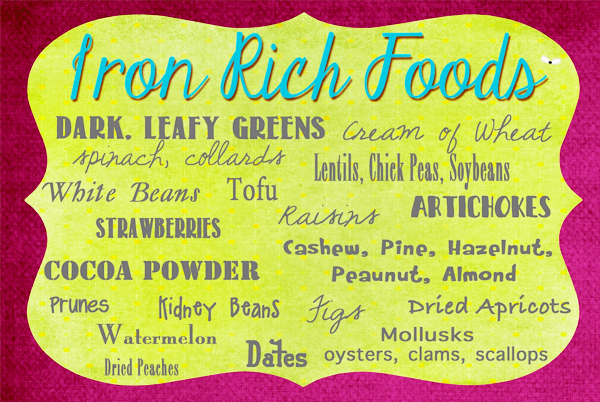Anaemia is a highly prevalent condition in women. The obvious reason behind this is low hemoglobin level in the body and deficiency of iron-rich foods in diet.
Many females suffer from heavy menstrual bleeding. Findings published in Acta Obstetricia et Gynecologica Scandinavica, a journal of the Nordic Federation of Societies of Obstetrics and Gynecology, suggest clinicians screen for anemia and recommend iron supplementation to women with heavy menstrual bleeding (menorrhagia).
It was found that 27% women were anaemic and 60% were severely iron deficient. Among the anaemic women, only 8% took iron supplement. After a year of treatment, haemoglobin level increased in both the groups but women who were initially anaemic had still lower levels than those who were not.
The findings suggested that clinicians should screen for anemia in women with heavy menstrual bleeding and recommend early iron supplementation as a part of the treatment process.
Reference: Effects of Anemia and Iron Deficiency on Quality of Life in Women With Heavy Menstrual Bleeding, Pirkko Peuranpää, Satu Heliövaara-Peippo, Ian Fraser, Jorma Paavonen and Ritva Hurskainen, Acta Obstetricia et Gynecologica Scandinavica, DOI: 10.1111/aogs.12394, Published online 9 June 2014.






,